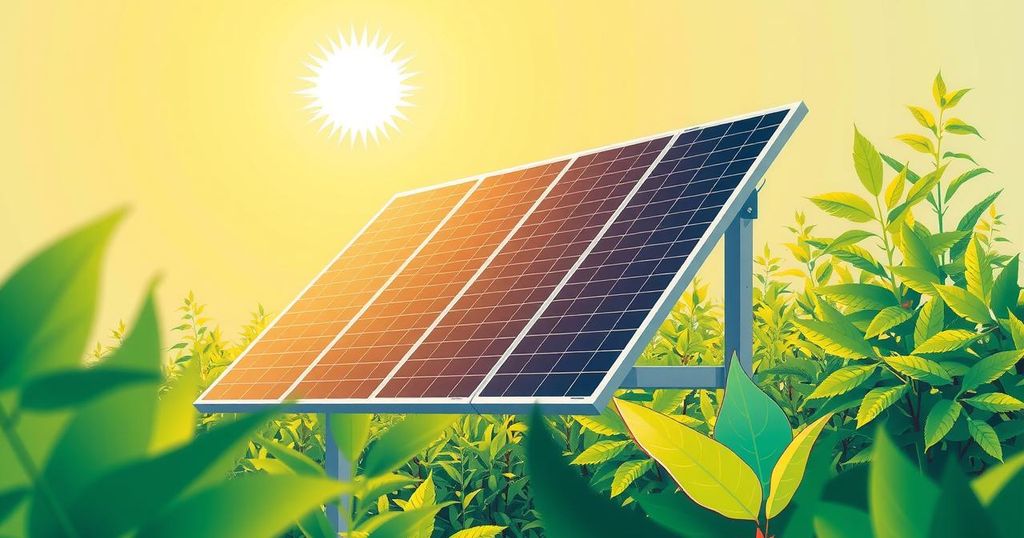Ana Toni, Chief Executive of Brazil’s next UN climate summit (Cop30), warns that nations must enhance climate efforts alongside defense spending to avert future wars, as climate change exacerbates inequalities. The Cop30 summit in Belém will demand robust national plans on emissions reduction, emphasizing the necessity of integrating climate strategies into security measures and financial commitments to developing countries.
Countries aiming to enhance their national security through increased defense spending are urged to simultaneously strengthen their climate initiatives. Ana Toni, Chief Executive of Brazil’s upcoming UN climate summit (Cop30), emphasizes that neglecting climate efforts may lead to future conflicts. She states, “Climate change is an accelerator of inequalities and poverty, and we know that the consequences of inequality and poverty can turn into wars in the future.”
The Cop30 summit, set to occur in Belém, Brazil, will require participants to present robust plans for reducing greenhouse gas emissions. However, the corresponding geopolitical tensions complicate preparations. In response to geopolitical challenges and threats to international alliances, several developed nations, including EU member states and the UK, are allocating increased funds toward defense. Meanwhile, former President Donald Trump’s withdrawal from the Paris climate agreement further intensifies the situation.
Toni warns against a dichotomy of defense versus climate action, asserting that diminishing climate responses jeopardize future stability. “Wars come and go. Unfortunately, climate change is there for a long time. We need to take climate change very seriously, otherwise we will have even more wars in the future,” she noted. She insists on the necessity for nations to consider climate action as integral to their security strategy.
Germany has committed to spending €100bn on climate initiatives over the next twelve years, amidst increased defense budget allocations. Contrarily, the UK is facing criticism for cutting overseas aid and potentially reducing funding for renewable energy projects to finance its defense budget. Toni remarked, “Obviously, it’s not a good signal.”
As Brazil collaborates with Azerbaijan on developing an actionable climate finance roadmap, Toni underscored the importance of wealthier nations upholding pledges made at previous summits. The goal is to mobilize $300bn annually by 2035 for climate finance directed toward underprivileged countries.
Despite U.S. climate policy shifts under Trump, Toni believes that China will continue its advancement in decarbonization, identifying the economic benefits that stem from sustainable practices. She expressed optimism for the inclusion of climate considerations within China’s national climate plans. Additionally, developing nations can use their nationally determined contributions (NDCs) as a framework for attracting foreign investment, integrating climate strategies into broader economic development plans.
Climate change and national security are inextricably linked, as rising inequalities and poverty may lead to conflict. Countries are called upon to prioritize both defense and climate initiatives, avoiding a short-sighted trade-off. As nations prepare for Cop30, the integration of climate funding into defense budgets and the commitment to financial support for developing countries become paramount. Ultimately, progress in combatting climate change is critical for global peace and stability, compelling countries to act diligently.
Original Source: www.theguardian.com




